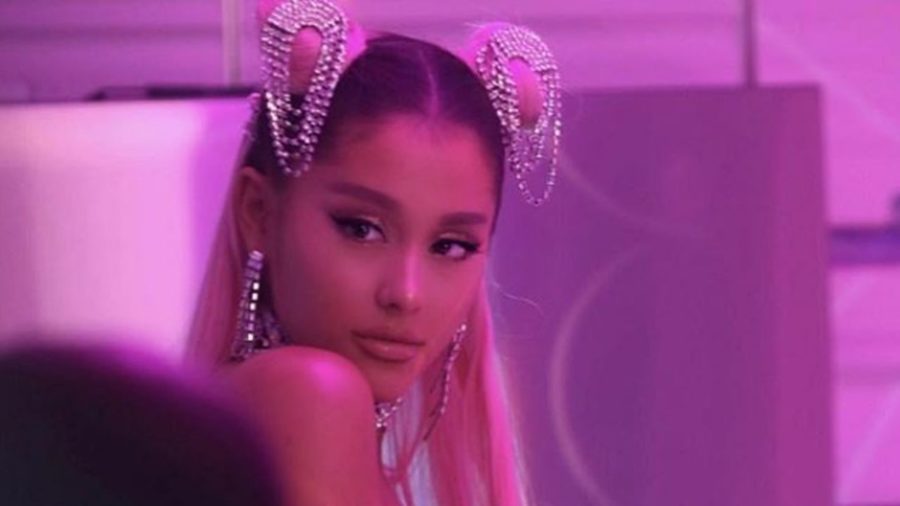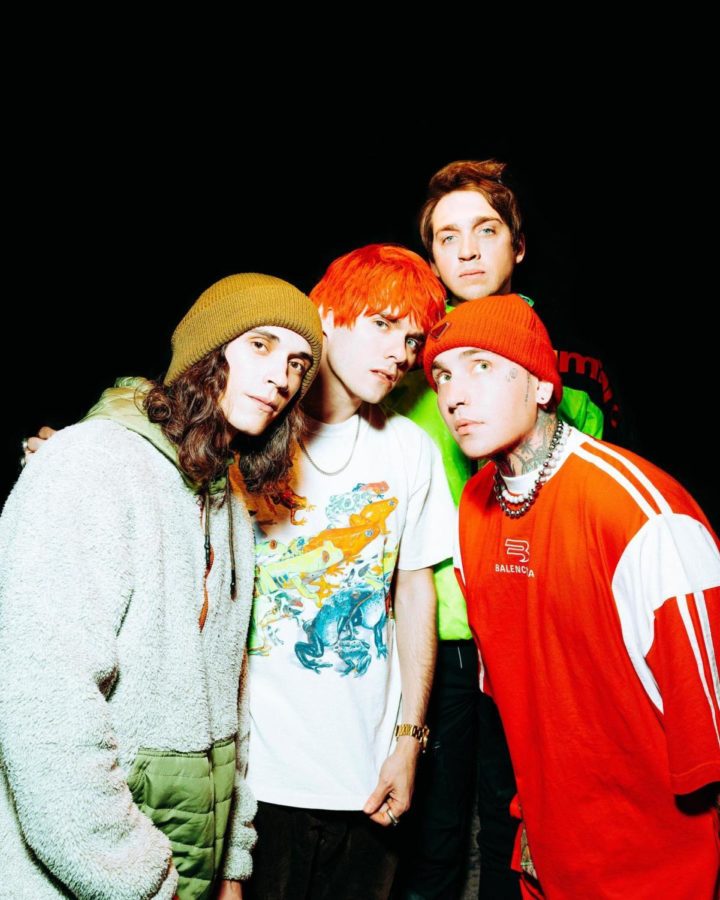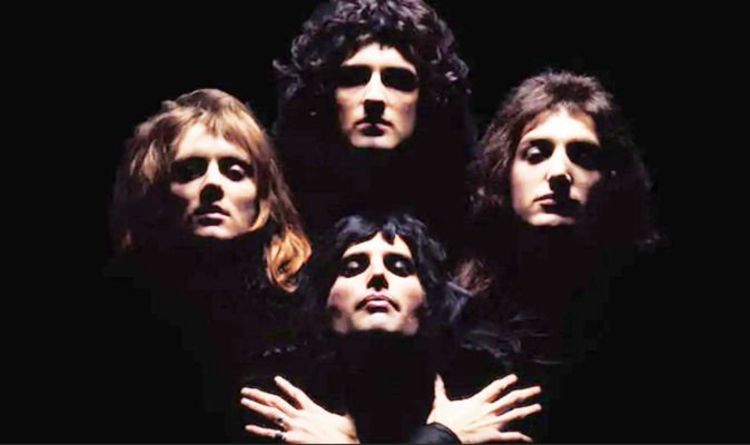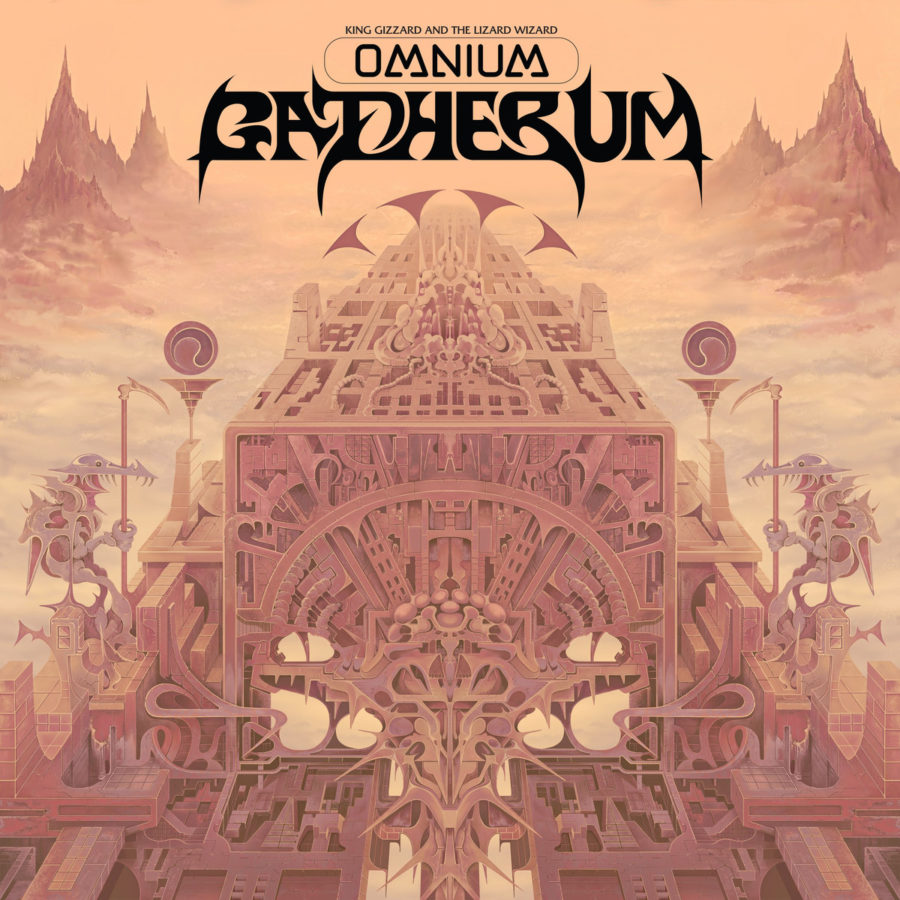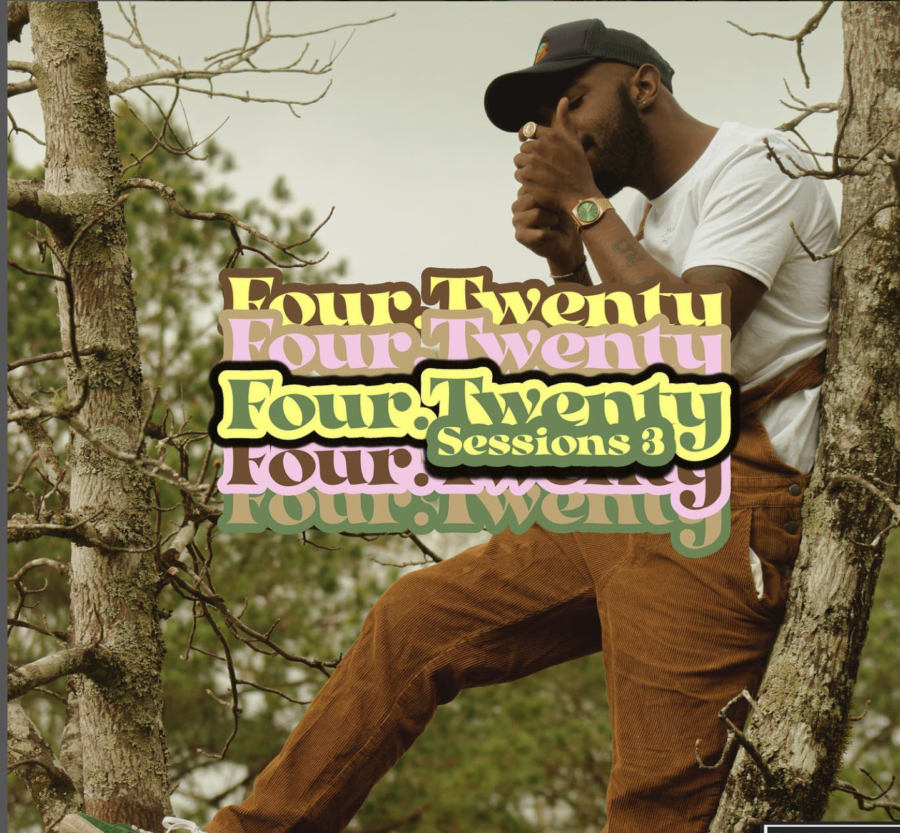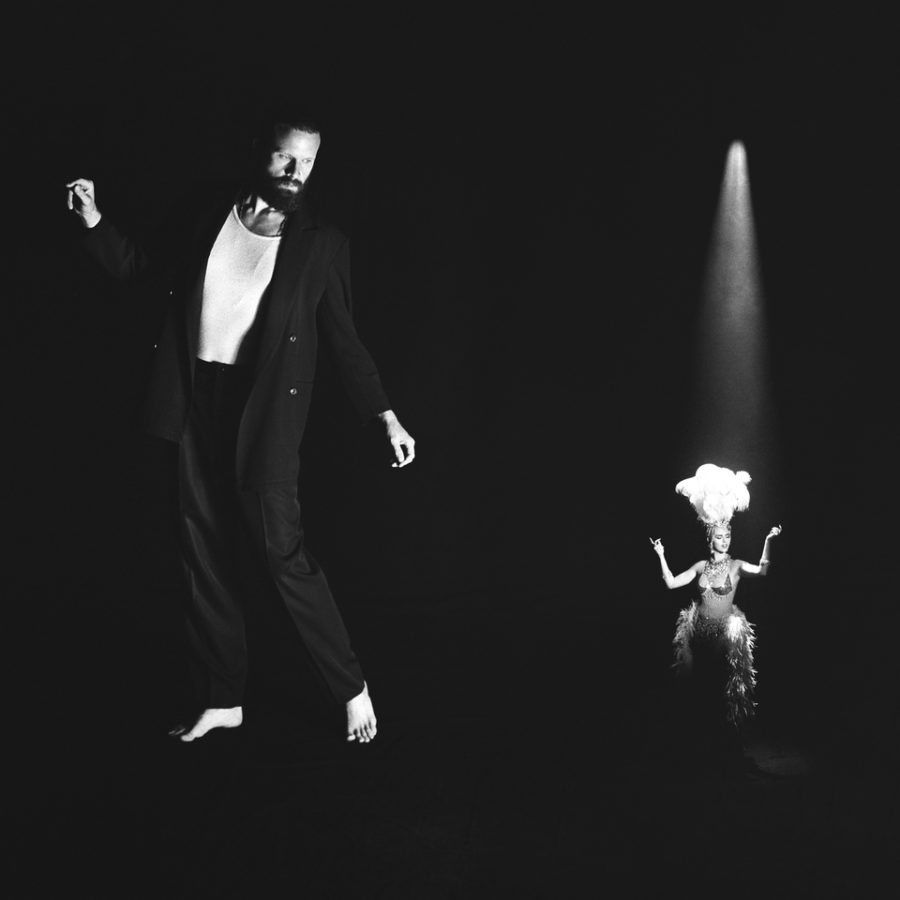Ariana Grande released the song and music video “7 Rings” Friday at midnight. It’s the newest single for her album that is expected to be released later this year. Although it’s already been deemed a bop, some members of the black community are wondering if the song and music video are examples of cultural appropriation.
For two minutes and 59-seconds, we hear the usually bubbly, humble pop queen Ariana brag about her retail therapy addiction and bond with “six of [her] b—es” post-Pete Davidson break-up.
It’s certainly a different tune from what we’re used to getting from the “thank u, next” singer. Think “successful” but with no references to bringing home the bacon for your nonexistent man and no early 2000s vibe you would hear in a teen drama like “Gossip Girl.”
What makes this song different from the ones she has released in the past two years is its incorporation of the rap genre.
I can’t lie and say I didn’t cringe when I heard a 10-second snippet of the song Wednesday. In the clip, she sings raps, “I don’t need to brag, but I be like ‘Put it in the bag.’/Yeah/ When you see them racks, they stacked up like my a—,yeah,” to a trap beat that I’ve definitely heard before in a lot of forgettable rap songs. After listening to the full song, I’m no longer cringing, at least not for that reason. She may not be mumbling about drugs and being sexually promiscuous like the men who dominate the genre, but she has one thing in common with them: the ability to buy anything she desires.
Sometime in late 2018, Grande bought seven rings from Tiffany & Co. for herself and her six best friends after “too much champagne.” Inspired by the experience, she co-wrote the song that same day with them, all of whom are given writing credits. Sounds sweet enough, right?
To me and many women in their early 20s with less than $5 in their bank account, the “My Favorite Things” sample from the Sound of Music mixed with lyrics about lashes and diamonds and ATM machines are the inspiring words just waiting to be overused in Instagram captions. Once again, Grande has managed to write an empowering anthem for women.
However, not all women are receptive to Grande’s new sound. I knew after one watch of the music video that some of black Twitter would have a field day and drag Grande for culturally appropriating African American Vernacular English and the traditionally black rap genre.
A simple Twitter search with the keywords “Ariana black” shows the discourse currently happening between the black community and nonblack people about the song and music video, Ariana’s tan skin and the lyric, “You like my hair/ Gee, thanks/Just bought it.”
Twitter user @blckgirltease summed up the concerns perfectly in a thread.
“Ariana grande is literally a white girl trying to pass as racially [ambiguous] in order to sell her r&b/pop persona but yall turn into Hellen Keller whenever folks bring this up cause she can sing ‘high,’” she said.
“Her deep a— fake tan, her weave [ponytail], her forced stereotypical a— ‘blaccent,’ her random misuse of AAVE. Why do y’all continue to allow [non-black] ppl to do this s—? Don’t even get me started on this 7 Rings/bootleg 2 Chainz traphouse video she just released.”
While I disagree with the first claim about “blackfishing,” her feelings seen in the second tweet are valid. Although I have natural hair and have never had a weave, I understand black women’s grievances with Grande. The pop singer with Italian roots is able to proudly sing lyrics about buying her iconic, long ponytail without persecution from the white community when black women are ridiculed daily by white people and even black men for “trying to be white.”
Just in case anyone was confused, these women are usually trying to protect their hair with the cute styles that weave offers them; it is possibly one of the most fun and creative things about being black, being able to decide who you want to be— or at least, present yourself to be— for the next two to three months.
Grande’s “blaccent” and random misuse of AAVE were hot topics after her December interview with Billboard. Instances like this couples with the song trigger feelings similar to those felt during Miley Cyrus’ tragic 2013 “Bangerz” era, where you couldn’t miss her flat white butt twerking, her mouth rapping about Jordans and her black girl props even if you tried, or during Iggy Azalea’s entire career, where her blaccent came to life onstage as she rapped about being a “runaway slave master.”
There is an undeniable amount of privilege associated with being able to adopt black culture and drop it when it is no longer profitable or fun for you.
But unlike Cyrus and Azalea, Grande’s intentions feel more genuine. Sure, her voice and slang is very well influenced by black culture and is sometimes cringe-worthy. Sure, there were multiple girls twerking in the “7 Rings” video; however, none of it feels forced. I don’t think that she’s trying too hard to sell a record. She’s rapping about a real-life experience that six other people can confirm, and not all rappers can say that.
You have to keep in mind that this woman’s brand is still cloud emojis, giggles and hearts. She’s like the non-black friend we all have who means well and is trying to express themselves in the “hippest” way possible.
Nevertheless, Grande’s comfort with speaking and singing in this style have some black people asking: Is this our fault?
After all, Patti Labelle did call her a “white black girl” during Billboard’s Women in Music event. She’s been invited to the “cookout,” the imaginary rite of passage for non-black people and given black security for the impending race war.
She’s been given all these honorary invitations and titles because she hasn’t proven herself to be a true culture vulture. If anything, she proved that she was an ally at the height of the Black Lives Matter movement when she accepted the feature on Victoria Monet’s song “Better Days,” an ode to BLM, specifically Philando Castile and Alton Sterling.
It may not seem like much, but white artists showing solidarity for minority groups positively impacts their audiences. And yet, so many choose not to mix politics with entertainment.
In conclusion, one rap song doesn’t cancel Grande, not for me anyway.
As the great controversial Kanye West constantly reminds us, not all black people think the same. However, all black people have valid feelings and opinions, especially concerning the appropriation of our culture.
It is very possible that my love for Grande is blinding me to the real issues, but this controversy has made me realize that I never want to force myself to be “woke” or see a problem that I don’t think is there. I just want to rap “I see it/I want it/I got it” as I pull up to Chick-Fil-A.

























